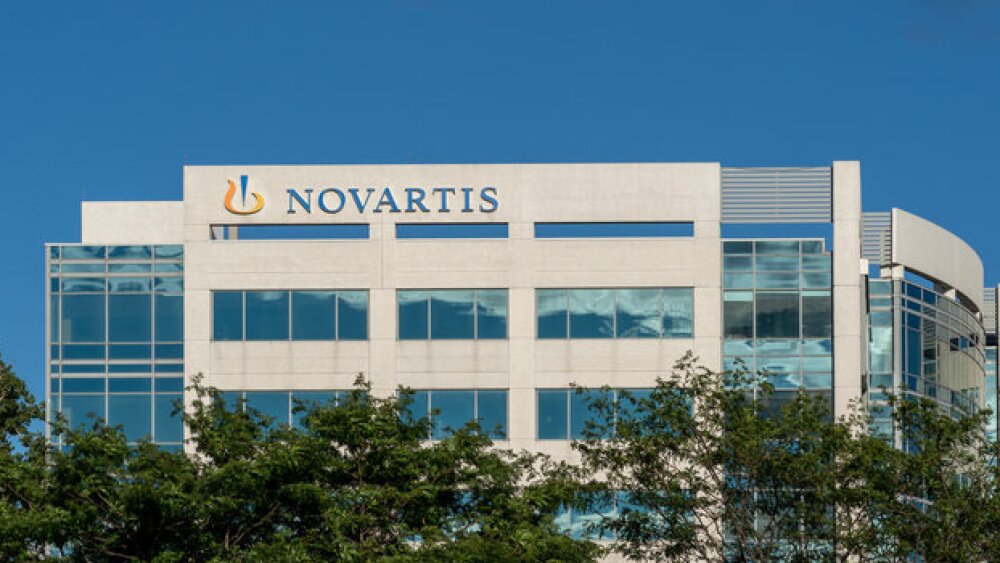Not everyone who completes a life sciences Ph.D. wants to continue working in a laboratory or in research. If this is the case for you, here are 12 careers for Ph.D. life scientists outside of the lab.
Not everyone who completes a life sciences PhD wants to continue working in a laboratory or in research.
They may just have grown out of it or found that the work isn’t what they thought it was. Or maybe they still love science and would rather find a different way of making a living than conducting academic or commercial research.
With that in mind, here are 12 possible options for Ph.D. life scientists who want careers outside of the laboratory.
12 Careers For Life Scientists Outside of the Lab
| | | | |
| | | | |
| | | | |
| | | | |
| | | | |
| | | | |
| | | | |
| | | | |
| | | | |
| | | | |
| | | | |
| | | | |
| | | | |
1. Technical Writing
Biopharma has an incredible need not only for people with higher degrees who understand technical materials but those who can write as well. There are grants and all the documentation required by regulatory agencies that need to be written.
The U.S. Bureau of Labor Statistics states that technical writers had a median annual salary of $78,060 per year in 2021. A caveat to that number—that includes all levels of education and all fields, ranging from IT to engineering to business to life sciences.
In biopharma, where the degree demands may be higher, the pay can often be higher.
2. Business Analysis
Financial analysts provide insight and guidance to businesses and individuals on making investment decisions. For people with life science backgrounds, this often means working with venture capital firms or investment banks.
The Bureau of Labor Statistics says the median annual salary in 2021 for financial analysts was $81,410 per year. That’s probably completely understating the millions of dollars a successful venture capitalist can make through involvement with a successful biotech startup.
3. Biotech and Pharma Sales
Many people with higher degrees find satisfaction as biopharmaceutical sales reps. If you’re not a “people person,” this probably isn’t right for you, but if you can tie your scientific interests into talking to people about a company’s products, this can be a lucrative area.
According to BioSpace‘s 2022 US Life Sciences Salary Report, the average salary is $I2I,833.
4. Health Informatics
Health informatics professionals use their knowledge of life sciences and healthcare, information systems, databases, and IT security to make sense of the enormous amount of data available. Also called data science, although some sources feel they are distinct fields that overlap. It’s a huge area in biopharma.
The Bureau of Labor Statistics reports that Computer and Information Research Scientists had a median annual pay in 2015 of $131,490 per year and from 2014 to 2024 is expected to grow at 11 percent, faster than average.
5. Medical Science Liaison
This is viewed as the highest-paying non-executive biopharma job in the U.S. The Medical Science Liaison Society (MSLS) defines it as “a specific role within the pharmaceutical, biotechnology, medical device, CRO and other healthcare industries.
MSLs have advanced scientific training and academic credentials consisting of a doctorate degree (PhD, PharmD, MD) in the life sciences. They concentrate on a specific Therapeutic Area (i.e. Oncology, Cardiology, CNS, Pulmonary, Hematology, Surgery, Women’s Health Care, etc) and disease state.”
A survey by MSLS found that an MSL is likely to make $132,452 per year, with a Senior MSL making $156,928 and a Manager making $187,206.
Medical Science Liaison Jobs →
6. Competitive Industrial Intelligence
This falls into market research analysts. These individuals study market conditions to evaluate the potential sales of a product or service. The Bureau of Labor Statistics indicates that in 2021, the median pay was $63,920 per year.
Competitive Industrial Intelligence Jobs →
RELATED: Top 12 Biotech Companies Hiring Now
7. FDA/Reviewer/Inspector
These positions involved inspecting drug manufacturing facilities, following up on adverse reaction reports, and overseeing the regulatory processes involved in drug approvals. In 2021, the annual base salary for an FDA Investigator was $100,806.
8. CIA/DoD/DARPA
There are job opportunities for life science PhDs in the Central Intelligence Agency, Department of Defense, and the Directorate of Advanced Research Projects Administration (DARPA). For example, the CIA has positions open for a Technical Researcher in a variety of fields, including Applied Physics, Bioinformatics, Biology, Optics & Electrochemistry and others.
The pay is between $58,638 to $130,692.
9. Quality Control and Assurance (QA/QC)
The biopharma industry has a huge need for specialists in quality control and quality assurance, monitoring manufacturing operations, and ensuring the quality of the drugs that hit the market. According to Payscale.com, the median salary for a QC Chemist is $55,073 a year.
10. Regulatory Affairs
Another related area is regulatory affairs, overseeing and managing all the regulatory filings within the U.S. and internationally for pharmaceutical companies. ZipRecruiter reports that the national average for someone in regulatory affairs is $80,159.
11. Pharmaceutical/Biotechnology Marketing Manager
Viewed as a little broader than pharmaceutical sales positions, these jobs develop wider marketing strategies for biopharma products, including print, radio and TV ads, corporate communications and other approaches to marketing. According to BioSpace‘s 2022 US Life Sciences Salary Report, the average salary is $102,560.
Pharma/Biotech Marketing Jobs →
12. Business Development
Again, these positions can overlap with sales and marketing jobs, as well as medical liaison positions. Part of the job involves developing strategies for expanding business and identifying new markets and approaches to those markets. Glassdoor indicates that the national average salary for a business development manager is $98,881.
The Takeaway
There are undoubtedly numerous others, especially for PhDs willing to go outside their comfort zones.
Take the time, if you’re interested in working outside the laboratory, to make a list of your broader job skills. It may be more important to downplay the specifics of your degree, focus on your broader interests and abilities and indicate that you are looking for further challenges.
Most importantly, network—especially outside your technical network. You never know the options available to you unless you ask.





